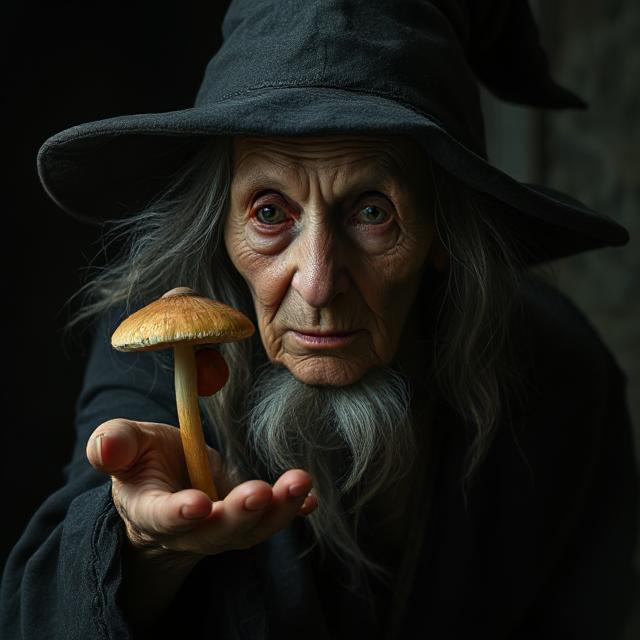The moment the letter is sent, the winds of war roar across the land. Claudius does not wait. His armies march without pause, their banners cutting the sky like knives. Moravice braces itself for an assault that you cannot ignore — a conflict that will shape not only the city, but your understanding of power, love, and destiny.
War resumes with renewed ferocity. Moravice rallies behind you, its people no longer trembling but burning with determination. The Emperor’s forces descend upon your walls again, this time with vengeance, but cracks begin to show in his armies: mercenaries disillusioned, allies questioning his cause, and lords who had once hesitated now lending aid to your banners. Every city you fortify, every alliance you weave, every strategy you enact becomes a note in the symphony of survival.
Your walls are reinforced, the gates thickened, the streets mapped with traps and strongholds. Each day, you ride among your people, rallying them with words that blend courage and realism. They look to you for strength, and you give it — though each command is heavy with the knowledge that countless lives now balance on your judgment. Yet when you return to your tent at night, she is there — Margaret — steady, unflinching. Her presence tempers the iron in your resolve with something human, something that reminds you why the fight must be won.
The Emperor’s forces are numerous, disciplined, and brutal. Siege engines smash against your walls, fires claw the streets, and soldiers die with your name on their lips. You fight beside them, your sword moving like a thought made flesh.

Margaret stands not far behind, tending the wounded, delivering orders, and sometimes riding with you into the chaos. You learn that power is not simply wielded; it is shared — a rhythm of trust, of two wills united against the storm.
But Claudius is cunning, and one evening in Zalenice, you are offered a cup of wine — deceptively sweet, the court too eager. A flash of suspicion and instinct warns you, yet before you can act, the poison warms your veins. Strength falters, your vision blurs, and the world tilts beneath your feet. Margaret’s cry slices through the haze, sharp with fear and disbelief. “No! Stay with me!” she screams, catching your trembling form.
Then, a figure emerges from shadow — a witch, tall and silent, her presence at once otherworldly and grounding. She kneels before you, pressing into your hands an earthy-colored mushroom, large, solid, strange — the scent of damp soil rising from it. Her eyes hold a piercing certainty, and her voice, though low, commands attention: “Take this.”

You hesitate. A stranger. A mushroom. Death already coursing through your veins. Margaret grips your arm, eyes wide, fear mirrored in her gaze. “No… I don’t know—”
The witch interrupts softly, almost a whisper: “Hush, little crow, the night will not bite. The stars keep their watch, till dawn brings the light…”
The melody, though fragmentary, curls around your memory. It is your mother’s voice — or a shadow of it — carried through the witch’s lips. Heart racing, life slipping, desperation crystallizes into trust. You swallow.
Fire blooms through your body, knitting nerves, clearing vision, bringing color back to the world. Margaret holds you, trembling, disbelief and relief mixing on her face. And then the tears come — for your mother, who is gone, yet somehow here in spirit; who, through this witch, reached across death to save you. You weep for her, for the life you almost lost, for the miraculous intervention that feels like a blessing and a reclaiming of love. Margaret whispers your name, brushing tears from your face, her own grief and awe pressed against you. Together, you rise — unsteady, alive, unbroken.
The war drags on, months stretching into years. Claudius’ armies fracture under exhaustion and doubt. Supplies rot, loyalty shifts, and men under his banners begin to see the futility of the fire they chase. Through negotiation, displays of force, and careful positioning, you finally enforce a truce — Moravice remains free, Claudius retains his territory, and the empire is divided. Both sides breathe, wary and watchful, the threat of future war always lingering.
Through it all, Margaret remains at your side — not as a shadow of guilt or memory, but as your equal, your partner in every battle, every council, every quiet night. Together, you rebuild Moravice. The city thrives; fields bloom where ash once lay. Margaret rules with grace, her voice steady in counsel, her laughter soft in the halls. You raise children together — bright-eyed, curious, brave — the living proof that even love born of ruin can endure and flourish.
You age side by side, guiding the realm through storms and seasons. The lessons of the desert, the witch, and the years of war remain etched in your minds: life is both creation and destruction, truth both wound and healing. Power is not mastery — it is stewardship, the duty to shape without consuming.
In the quiet moments, when the council has dispersed and the torches burn low, you reflect: power is not an end, but a tool. Truth is not universal, but discerned in courage and choice. Life is fleeting, yet within each decision lies the possibility of eternity — of a legacy shaped not by fear, but by wisdom and care.
You are not god, nor omniscient. But you have lived fully — you have forgiven, fought, and loved. You have been returned from the edge of death by what feels like your mother’s spirit, through a witch sent by fate or mercy, and chosen to understand the reflection within. That is your legacy. The empire is divided, yet prospers; your family thrives, and the love that once faltered has become the quiet axis of your world — no longer an ache, but a peace earned through pain and choice.
And as you stand upon the balcony of your palace, watching dawn rise over Moravice, the crow in your chest is finally still — not silenced, but resting — its wings folded in contentment. For duty, love, vigilance, and hope have, at last, found harmony.
…..
THE END
…..
Read the summary of the path you forged for yourself.
